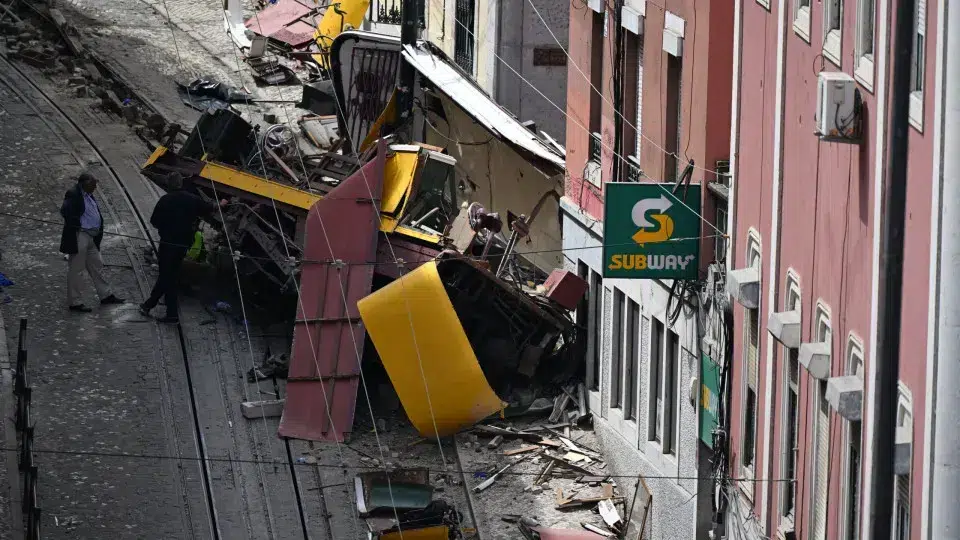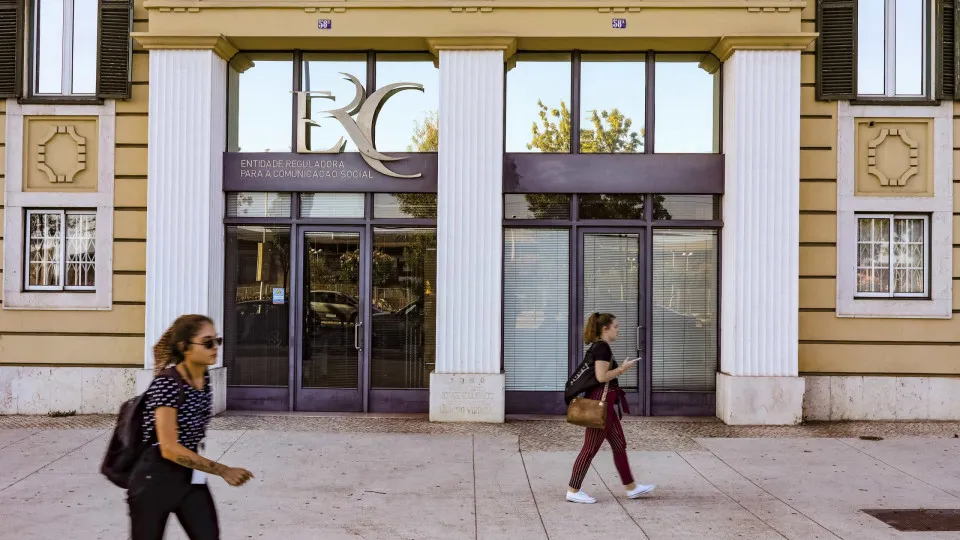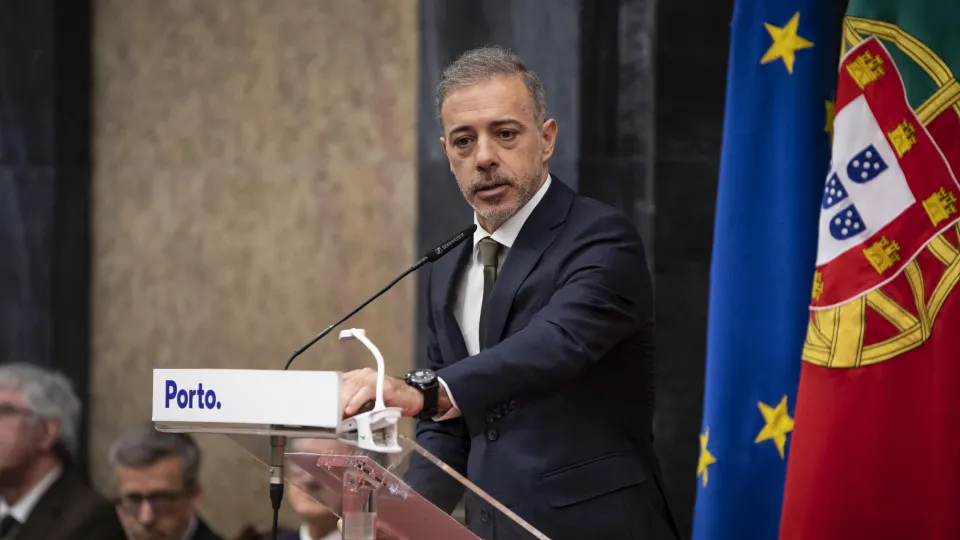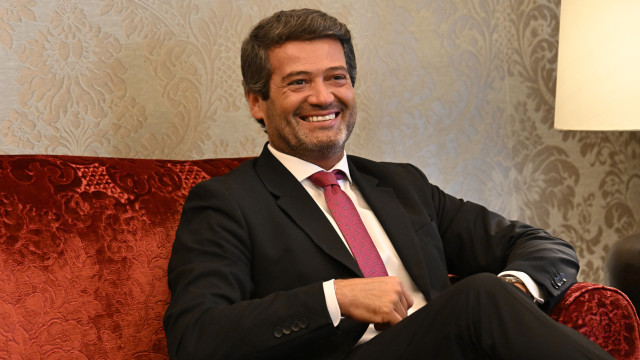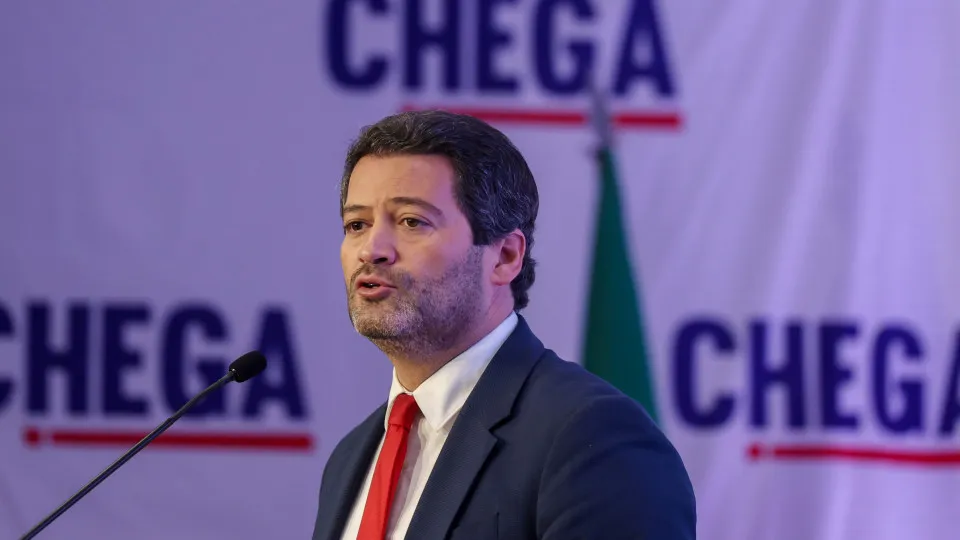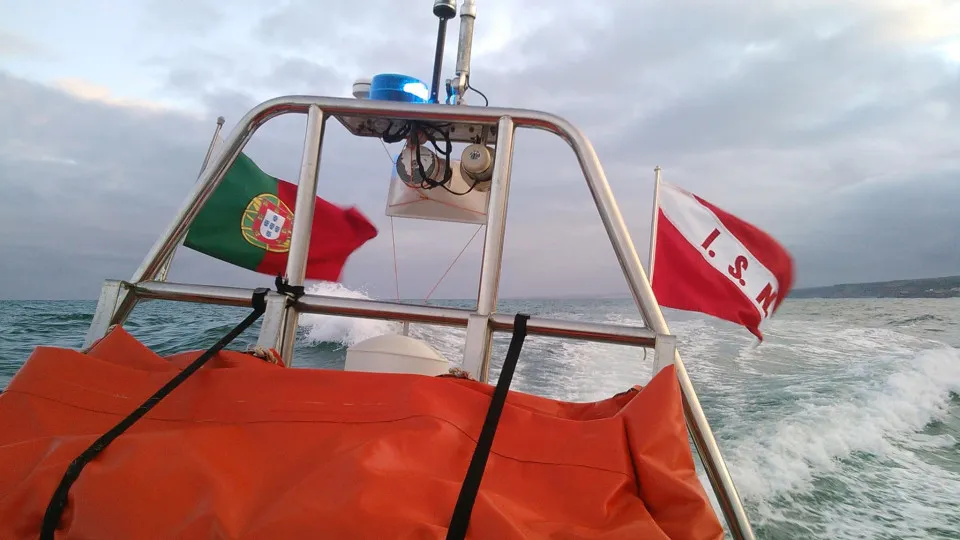Recalling that Portugal left an authoritarian regime relatively few years ago (in April 1974), the activist confessed that she would like to see Russia follow suit and recalled that Portugal was once a target of the Russian President.
“When [Vladimir] Putin came to power in 1999, the first thing he said was that he wanted Russia to reach the GDP [Gross Domestic Product] of Portugal,” she recalled.
At the time, he explained, Portugal’s GDP was twice that of Russia” and, therefore, “it was necessary for the Russian economy to recover and even surpass” the Portuguese situation.
“Interestingly, around 2014/2015, the GDPs were identical,” but “in 2021 and 2022 the [wealth produced in] Russia was again half that of Portugal,” said Memorial’s executive director, stressing that these data show “how much Russia has lost” in recent years.
And it is not only in the economy that the situation has regressed, she said.
The human rights situation in Russia is currently “very bad,” not only because “many people see their rights violated,” but also because those who want to defend them “have little strength,” said the activist, emphasizing that the problem is not regional.
“People in Portugal probably think that this is only in Russia and Ukraine, which is far away, but it’s not. War is just around the corner,” he reminded.
Therefore, he argued, it is essential to join forces and differentiate between the regime and the general population.
“People in civil society are a force, and together they can leave behind the evil,” he noted.
“But it is necessary to differentiate between Russians as people and Russia as a regime,” Elena Zhemkova said.
“The victims deserve compassion and compensation, and the perpetrators must be punished,” she said, adding that one must continue to go to the courts, “to counsel people, to help them overcome fear and express their position,” and this is a job for the entire civil society.
To protect people, the first thing that is needed is to re-establish the rule of law in Russia, he considered, recalling that the Memorial organization has a motto: “there must be justice and equity for all.”
The organization Memorial International, one of the oldest civil rights groups in Russia, was ordered shut down in Russia after it was deemed a “foreign agent,” a concept that implies being connoted as an enemy by the state.
Initially created to document the crimes of the Stalinist regime and remember the victims of the Russian forced labor camps (Gulag), it has developed over the years into a human rights organization responsible for investigating abuses and encompassing more than 30 regional organizations in countries such as Australia, Belgium, the Czech Republic, France, Germany, Israel, Italy, Lithuania, Poland, and Ukraine.
Last year it received, together with Belarusian human rights activist Alex Bialiatski and the Ukrainian Center for Civil Liberties, the Nobel Peace Prize.
“The day we learned that we had received the Nobel Prize, the Russian court decided to take away from us the building where we worked, which was owned by Memorial,” said the executive director, assuring that this was “a hard blow.
It was “a very important point of memory and human rights and they liquidated the organization,” she admitted, stating that it was “a revenge” of the authorities for the prize.
“But we have to continue,” he said, recalling that “there are more than 20,000 people with administrative and criminal cases” for having opposed the war.
“We can’t despair or get tired, we have to continue, because the war is going to last a long time,” he concluded.

